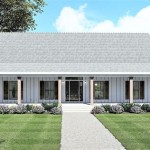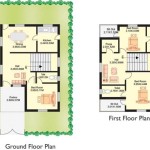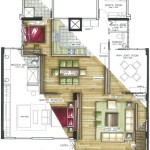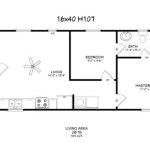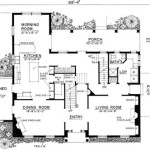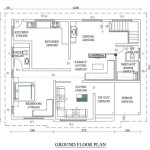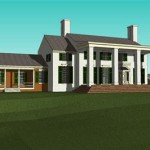Essential Aspects of Tudor Revival House Floor Plans
The Tudor Revival architectural style, popularized in the late 19th and early 20th centuries, is characterized by its romantic and picturesque appeal. Tudor Revival houses are designed to evoke the grandeur and charm of the Tudor period in England. Their floor plans often incorporate elements that define their distinctive style, creating a unique and captivating living space.
Multiple Gables and Steep Roofs
One of the key characteristics of Tudor Revival house floor plans is their profusion of gables. Gabled roofs, with their steeply pitched slopes, add visual interest and provide ample headroom on the upper floors. The multiple gables create a dynamic and picturesque silhouette, evoking the architectural style of traditional English manors.
Asymmetrical Facade
Tudor Revival houses often feature an asymmetrical facade, with a variety of projections and recesses that create a sense of depth and complexity. This asymmetry lends a quaint and charming character to the home, breaking away from the symmetry prevalent in other architectural styles.
Multi-Level Floor Plan
Tudor Revival houses typically have multi-level floor plans, with a combination of full and half-stories. This allows for a variety of room configurations and provides a sense of spaciousness. The different levels often connect through elaborate staircases, adding architectural interest and practical functionality.
Bay Windows and Oriels
Bay windows and oriels are common features in Tudor Revival house floor plans. Bay windows extend outward from the wall, creating additional space and offering panoramic views. Oriels, on the other hand, are smaller projections that are often used to highlight specific rooms, such as the dining room or drawing room.
Open Great Hall
In traditional Tudor homes, the great hall served as the central gathering space. This concept is often incorporated into Tudor Revival house floor plans, with a large and open great room that functions as the main living area. The great room typically features exposed beams, high ceilings, and a grand fireplace, creating a warm and inviting atmosphere.
Multiple Fireplaces
Tudor Revival houses are known for their abundance of fireplaces. In addition to the great room fireplace, fireplaces are often found in bedrooms, libraries, and other rooms. These fireplaces provide a cozy and authentic touch, reminiscent of the era's emphasis on warmth and comfort.
Rich Woodwork and Paneling
Tudor Revival interiors often feature rich woodwork and paneling. Oak or mahogany is used extensively for flooring, beams, moldings, and doors. Paneled walls add a sense of warmth and formality, creating an elegant and sophisticated living environment.
Conclusion
Tudor Revival house floor plans embody the charm and grandeur of the Tudor period, offering a unique and captivating living experience. Their multiple gables, asymmetrical facades, multi-level configurations, and characteristic features such as bay windows and open great halls create a timeless and picturesque architectural style that continues to capture the imagination.

Tudor House Plans Old English Floor

This Is So Perfect Super Attractive Has A Library Though I Probably Won T Be Needing The Servant Tudor House Plans Vintage Cottage

Tudor Style House Plans For A Gorgeous Four Bedroom Home

Seattle Homes Tudor Style House Plan Design No 132 1908 Western Home Builder Victor W Voorhees

1910 Two Story Tudor Revival House Plan Henry Wilson The Bungalow Book

English Tudor House Plans For 2 Story Home With 4 Bedrooms

Tudor House Style A Free Ez Architect Floor Plan For Windows

Tudor House Plans Floor Cool

T 601 Lower Floor Plan For Tudor Style House By Creativehouseplans Com

Tudor Style House Plan 4 Beds 3 Baths 3835 Sq Ft 1079 Houseplans Com

